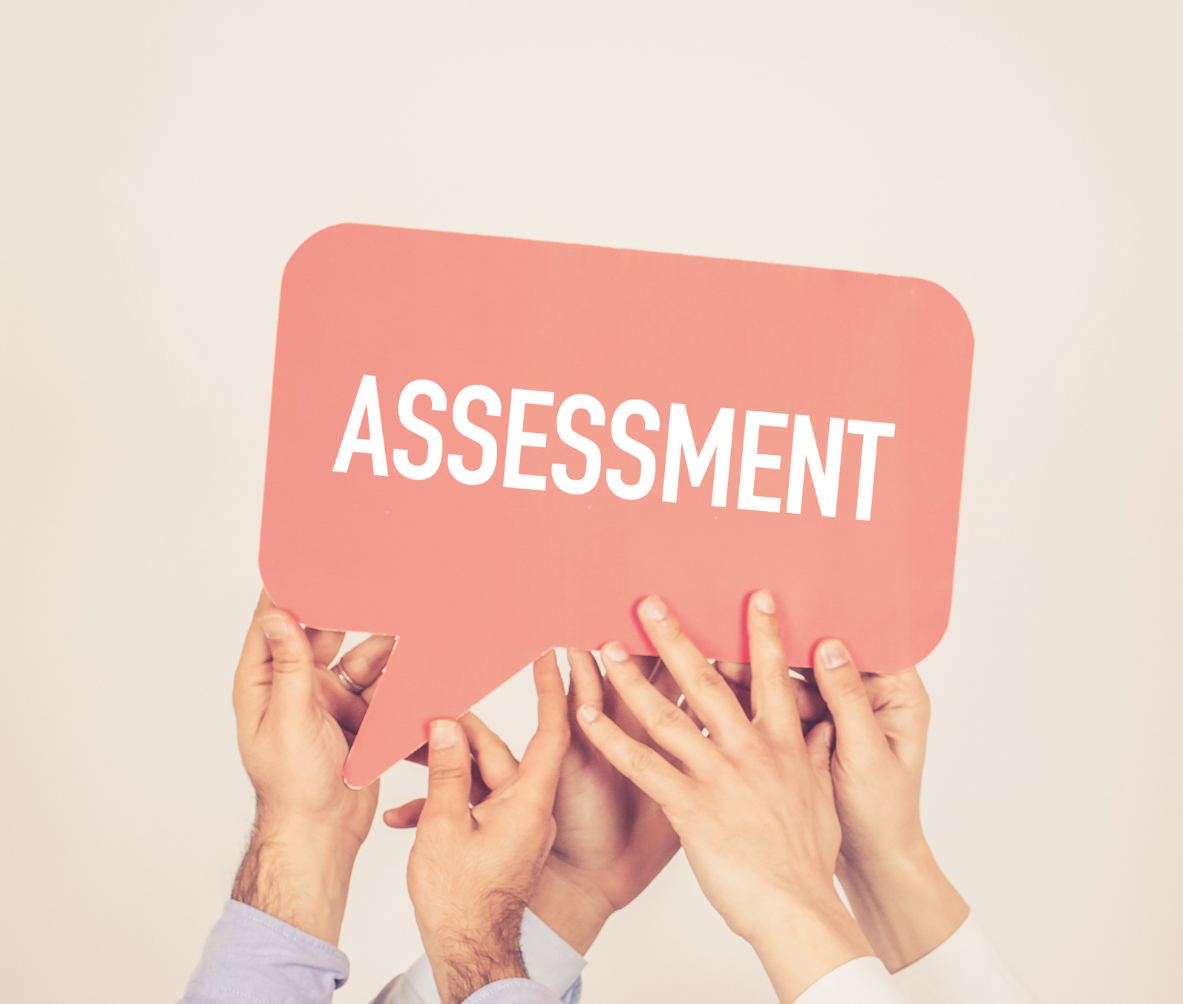Come here often to find the latest tips, news, and activities you can use at home

The Role of Assessments in Neurologic Music Therapy®
Assessments are a huge part of any type of therapy, they help create baselines, show progress, and are vital in research. Whether you realize it or not assessments are a common practice in therapeutic settings including Music Therapy, especially in Neurologic Music Therapy®.
At Musical Bridges we want to be as transparent as possible with our clients and their support system. We routinely complete assessments that are congruent with client goals and disseminate the information garnered from them. We want our clients and their families to be present in their treatment and knowledgeable to the how and why we do certain things.
As Neurologic Music Therapists® we do much more than an initial assessment for our clients. We have a robust list of assessments that can be applied and used to track data from client’s individual goals. With these assessments we are able to provide clients and families with pinpointed and specific data regarding their progress throughout Music Therapy.

Why We Specialize: Focusing on the Special Needs Community
In this post we will be delving deeper into why we work with the populations we do. Here at Music Bridges the majority of the clients we see are children with special needs. Similarly to other professions, Music Therapists tend to specialize in certain populations whether that is hospice, mental health, medical, or pediatric. With this being said, just like those other professions, we narrow down our focus and learn as much as we can in order to provide the best care for our clients.

Neurologic Music Therapy®: Techniques and Benefits for Down Syndrome
We work with a wide variety of diagnosis, Down syndrome being one of the top populations seen at Musical Bridges. Individuals with this diagnosis can greatly benefit from the use of Neurologic Music Therapy® as there are several cognitive aspects within their diagnosis.
Below we will detail some of the ways NMT™ can benefit individuals with Down syndrome and work towards their personal goals.

What Makes Musical Bridges Different?
All clients and partners of Musical Bridges are cherished by the staff. We celebrate our clients’ accomplishments and work hard to provide as much support as we can to see them grow and flourish. When you become a client at Musical Bridges, you become a part of our Musical Bridges family. We love to see everyone’s achievements both in and out of sessions, and we do our very best to contribute to those accomplishments and celebrate when they occur.
If you would like to be a part of our Musical Bridges Family, we would love to serve you!

Can I Benefit From Music Therapy if I Don’t Have a Diagnosis?
Yes! You absolutely can benefit from Music Therapy without a diagnosis! We have shared in length how we support individuals with a wide array of diagnoses; this, however, does not mean you need a diagnosis to participate in music therapy. Getting a diagnosis can be time consuming, costly, and daunting. Many individuals go their entire lives without officially being diagnosed in anyway. When we say music therapy is inclusive, that includes everyone!

Neurologic Music Therapy® Techniques and Benefits for Autism
At Musical Bridges one of the primary populations we work with are individuals with Autism. Individuals can benefit greatly from the use of different Neurologic Music Therapy techniques. Autism has neurological elements that can have an effect on individuals, and NMT targets the neurologic intricacies of diagnoses.

Neurologic Music Therapy®: What is it?
Neurologic Music Therapy (NMT) is the therapeutic application of music to cognitive, sensory, and motor dysfunctions due to neurologic disease of the human nervous system (Thaut, 1999). This evidenced-based clinical treatment system is driven by advances (research) in neuroscience and an understanding that music can influence and change non-musical brain and behavior function. NMT employs 20 unique, trademarked techniques therapists use to target speech, sensorimotor, and cognitive skills.

Neurologic Music Therapy® Breakdown: MEFT™
MEFT is the use of improvisation and composition exercises in a group or individually to practice executive function skills such as organization, problem solving, decision making, reasoning, and comprehension, within a social; context that provides important therapeutic elements such as performance products in real time, temporal structure, creative process, affective content, sensory structure, and social interaction patterns (Dolan 2002).
